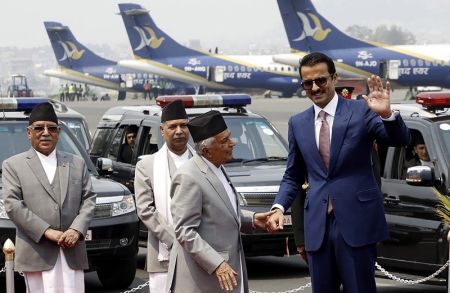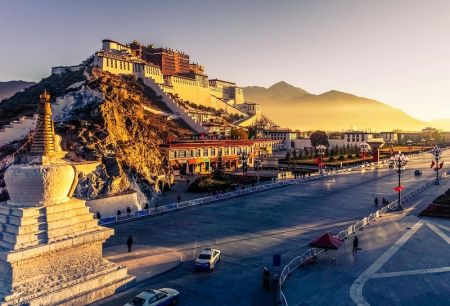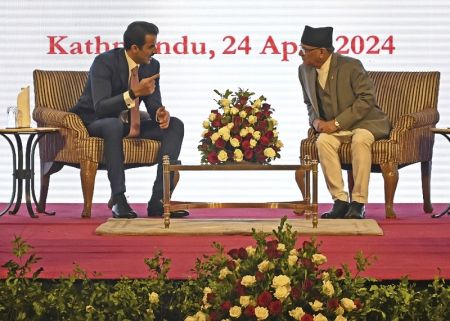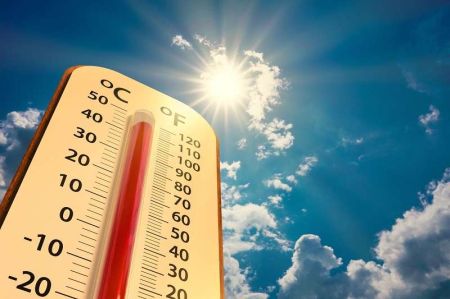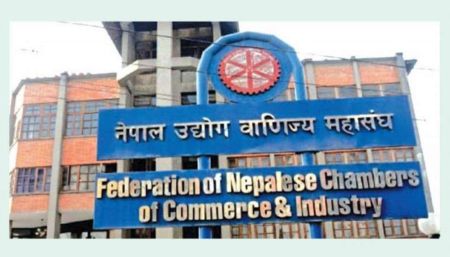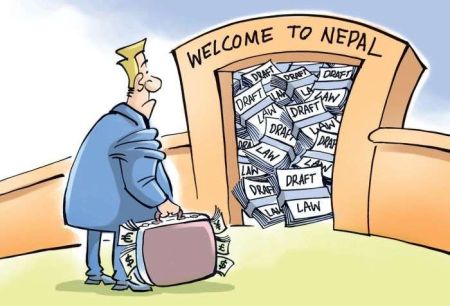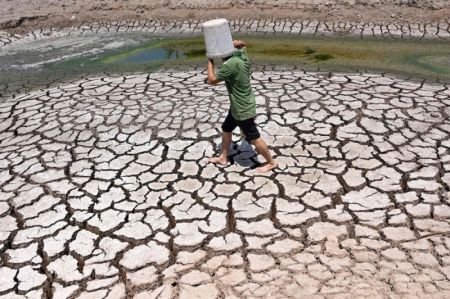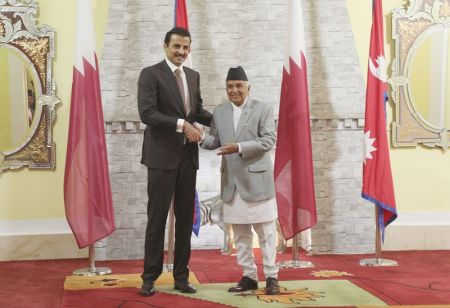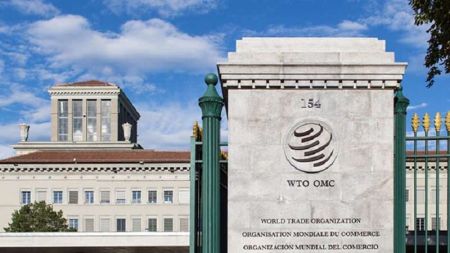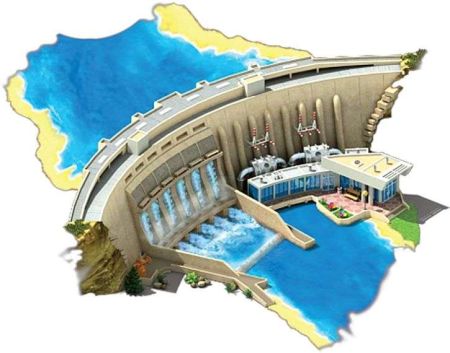
Nepal still lives by dream of developing its hydropower to the fullest potentials so that it could not only meet own energy needs but also export a substantial amount of power produced; to help maintain the trade balance, primarily with India. It has been at least five and half decades (since the planned development began here in 1956) we are following this mirage of commercially harnessing our literally limitless potentials of water resources. Nepal may have moved an inch but surely not a foot to this direction. And, worse, there is not a single large project in pipeline that could complete in, say, five years from now.
Talking about large projects, Upper Karnali (800 MW) and West Seti (750 MW) are in recent limelight. But the proposed promoter of Upper Karnali, the Indian energy major GMR is still apprehensive about the security it would get from the state to implement the project. The story of West Seti a reservoir based proposed project, is circling around for last one decade when Australian company SMEC came in and went out without making much headway in the project. Recently, the Chinese promoter of legendary Three Gorges Dam project has reportedly shown a renewed interest in it. But, things are not likely to move much differently than in the past. It is because Nepali water resources, hydropower in particular, is by now no longer an investment or commercial proposition alone, rather it has become a true game of politics, at both national and international levels.
At the national level, a misconstrued nationalism has always been a real impediment to the development and growth of this sector. It is natural to seek to maximise the benefit for the nation while developing the project with bilateral or multilateral partnerships, but it is entirely an weird approach to prevent the very construction of the project defining the nationalism attached to it at a convenience of a vested interest group.
Every Nepali party with communist tag has done this politics. The Mohan Vaidya faction of UCPN-Maoist is the latest incarnation of a force dying to protect nationalism by creating hurdles to not only Upper Karnali but also Upper Marsyangdi. The government issuing statement of assurances of security appears absolute farce at the face of what is evident at the site. At the international levels, for both of our neighbours India and China, Nepal's development is also part of regional geopolitics. There are instances, like in Kohalpur-Banbasa part of east-west highway, where one party did not like the involvement of the other in any particular project. Even the expression of interest by a party to develop a certain project causes the other party smell a rat.
Therefore, any proposition is difficult to materialise on the ground. It is particularly so when the projects, like West Seti, to be developed by China with plans to export its major portion of power-produced to Indian states adjoining Nepal. To sum up, the dark days in hydropower will only end when it is started to be viewed as pure business sans politics at the national level and sans geopolitics at regional level.






